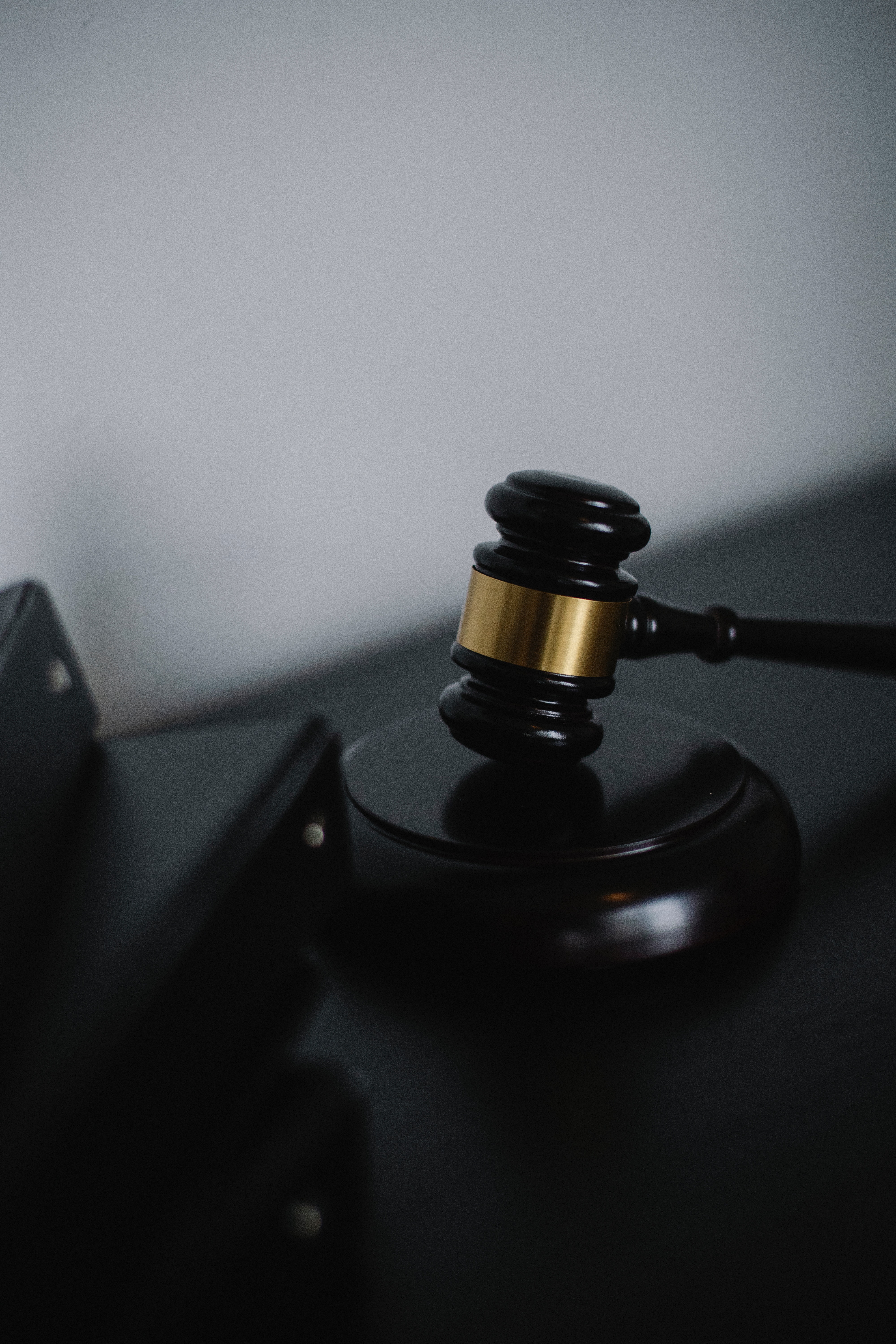You’ve been served
Ding Dong…..the doorbell rings.
There’s a Sheriff’s deputy at the door.
I’m not here to arrest you sir, you’ve committed no criminal act….but you’ve been served.
Served with suit papers.
Now what? Well, read ahead and let’s see what we need to do now.
Look around
1. Look at the top: At the top of the suit there will parties listed. It’s generally right below the name of the court from which the complaint originates. The Plaintiff is the entity who is suing you: they have a reason to seek the court’s help.
Do you recognize the name at the top? Are they a known creditor? If you don’t know the name, does the complaint explain why the plaintiff is trying to sue you or what claim they seek?
2. Look for validation: At the end of the complaint there may be an attachment that seeks to validate the claim. It’s generally a sworn statement that explains the right of the plaintiff to seek damages against you.
3. Check the Calendar: Once you’re served with a suit, there is a set amount of time you have to respond, generally around 30 days. However, most complaints will have a date for a hearing so it could be longer but it won’t be after that date.
4. Timeliness: There’s a statute of limitations in Georgia. On many debts, the statute is 4 years from the last activity on the account. If it’s been more than four years since you either paid or charged on a credit card, you likely win the suit by filing an answer. Some debts though, like tax debt or mortgage debts, can last longer than 4 years.
5. Check the prayer: No, this isn’t church but the plaintiff will add what’s known as the prayer to the suit. The prayer is at the end of the complaint but it may not be the last page of the complaint. Look to see what the plaintiff wants (that’s what the prayer is) and see how much money could be tied up in this. Also check to see if they’re alleging fraud. If they are, it can have long standing repercussions.
How to fight back
Once you’ve moved through these five steps, you need to decide what you will actually do.
Nothing
This is a bad idea. If you do nothing it will likely result in a default judgement against you. If your creditor wins a default judgement the court will assume you owe the money and they will enter a judgement against you.
A judgment entitles the creditor to use the government to get its money. In the Georgia, it means the creditor can take money from bank accounts, file a judgment lien, and garnish wages.
A judgment is enforceable for 10 years and can be renewed in Georgia.
File an answer
If you file an answer, it at least shows the creditor that they’ll have to prove their case. If you have a good defense strategy you could actually win.
There are resources out there for people to use if they want to fight a lawsuit without hiring a lawyer. But as the Stephens County Court website says: ” Judges cannot make exceptions for litigants without attorneys. You could lose your case if you do not follow the correct procedures. Know the rules!”
If you are going to be your own lawyer, you have to what a lawyer knows.
Filing an answer gives you options and sometimes you can negotiate a settlement (if you actually have the resources). Chances are though…If you couldn’t pay it then, how will you afford it now.
Find an ACTUAL debt solution
You are getting sued and like it or not, this probably isn’t the only creditor out there looking to recover. This lawsuit should be a red flag.
- Is this suit just the beginning of a trend?
- How many creditors are in line to serve you with suit papers?
- Will you actually ever get out of debt with this piecemeal approach?
The long and short of it is, it’s time to seek help. It’s time to see a bankruptcy attorney. Even if you don’t expect to file a bankruptcy case, we can often go over what’s happening in your situation and give you an honest and frank assessment.
But don’t forget. You’ve been served. Mark your calendar: you have a limited time to take action before you end up with a judgement against you. It’s a lot easier to get your finances cleaned up before you have a judgement against you.
Give us a call. We’re here to help.




